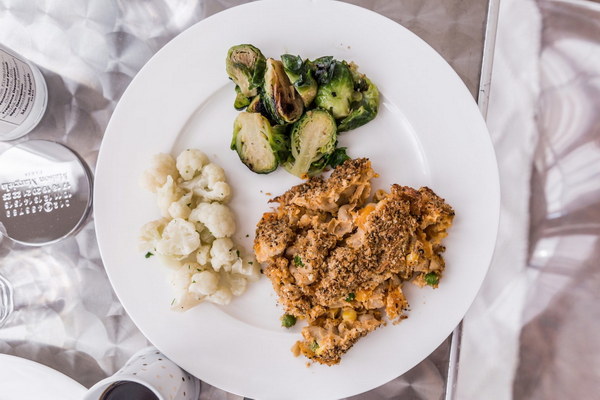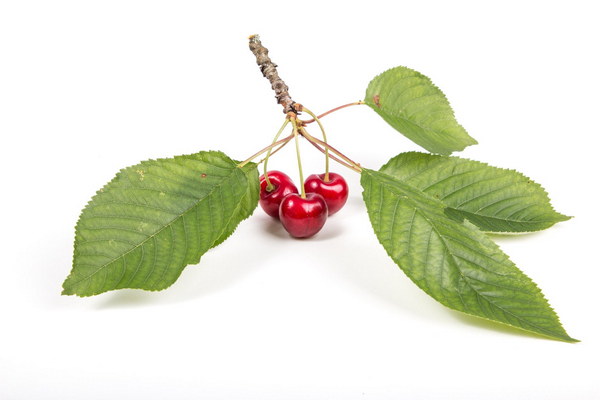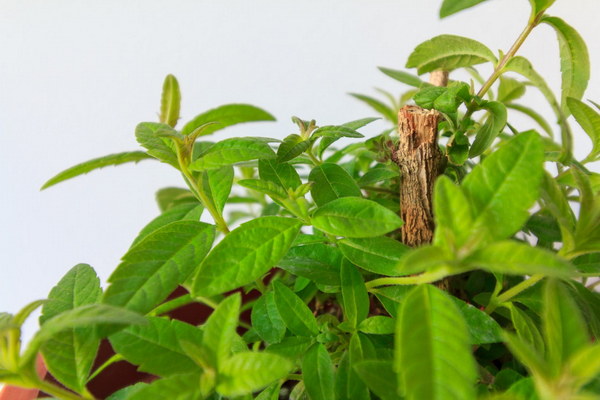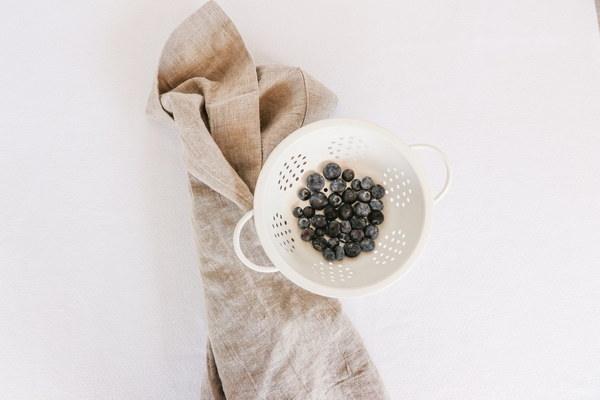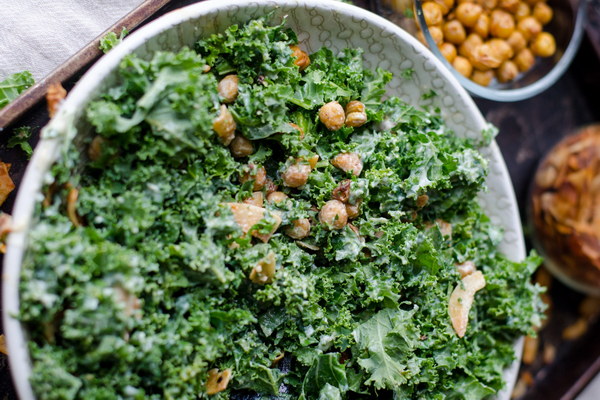Recovering from Fever A Guide to Nutritional Replenishment
After a bout of fever, the body undergoes significant stress, and it's essential to provide it with the necessary nutrients to recover and strengthen the immune system. Here's a comprehensive guide on how to nourish your body post-fever to ensure a swift and robust recovery.
Understanding the Post-Fever State
When you have a fever, your body fights off infections, which can lead to a depletion of essential nutrients. Therefore, the first step in the recovery process is to understand the body's needs.
1. Hydration: Fever causes increased perspiration, leading to dehydration. Drink plenty of fluids like water, herbal teas, or broths to replace lost fluids and aid in the elimination of waste products.
2. Protein: Your body needs protein to repair tissues and build immunity. Incorporate lean meats, fish, eggs, dairy, or plant-based alternatives such as legumes and tofu into your diet.
3. Vitamins and Minerals: Vitamins and minerals play a crucial role in supporting the immune system. Focus on fruits, vegetables, whole grains, nuts, and seeds to ensure an adequate intake.
4. Antioxidants: Antioxidants help combat oxidative stress caused by the fever. Berries, dark chocolate, green tea, and leafy greens are excellent sources.
Step-by-Step Guide to Nutritional Replenishment
1. Begin with Hydration

Start by drinking at least eight glasses of water a day. If you're not used to drinking this much, increase your intake gradually. You can also add a slice of lemon or cucumber to your water for added flavor.
2. Incorporate Protein-Rich Foods
Include a variety of protein sources in your meals. For breakfast, try scrambled eggs with spinach and tomatoes, or a bowl of oatmeal topped with nuts and seeds. For lunch, opt for a grilled chicken salad with mixed greens and avocado. Dinner could consist of a lean beef stir-fry with vegetables or a lentil and vegetable soup.
3. Focus on Fruits, Vegetables, and Whole Grains
Fruits and vegetables provide a wealth of vitamins, minerals, and antioxidants. Aim for a colorful array of produce in your meals. Snack on fruits like apples, bananas, and berries, and incorporate vegetables into salads, sandwiches, and smoothies.
4. Include Nuts, Seeds, and Legumes
These nutrient-dense foods are rich in healthy fats, protein, and fiber. Add almonds, walnuts, chia seeds, flaxseeds, lentils, and chickpeas to your diet to ensure a well-rounded nutrient intake.
5. Limit Processed Foods and Refined Sugars
Processed foods and refined sugars can weaken your immune system and slow down recovery. Opt for whole, unprocessed foods to support your body's healing process.
6. Consider Nutritional Supplements
If you find it challenging to meet your nutrient needs through diet alone, consider incorporating nutritional supplements such as vitamin C, vitamin D, zinc, and probiotics. Consult with a healthcare professional before starting any supplement regimen.
7. Rest and Recovery
While nutrition is essential for recovery, rest is equally important. Allow your body to rest and heal by avoiding strenuous activities and maintaining a regular sleep schedule.
Conclusion
Recovering from a fever requires a combination of proper nutrition, adequate hydration, rest, and time. By focusing on a balanced diet rich in protein, vitamins, minerals, and antioxidants, you can support your body's healing process and strengthen your immune system. Remember, the journey to recovery is a gradual one, so be patient and kind to yourself throughout the process.

